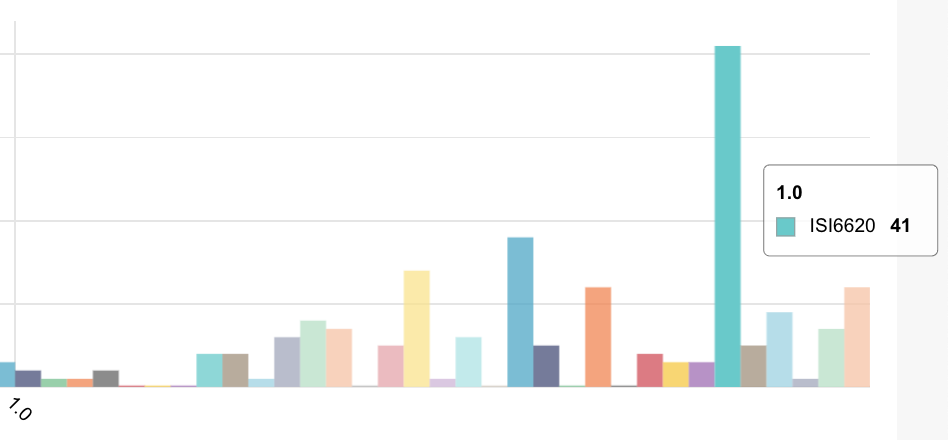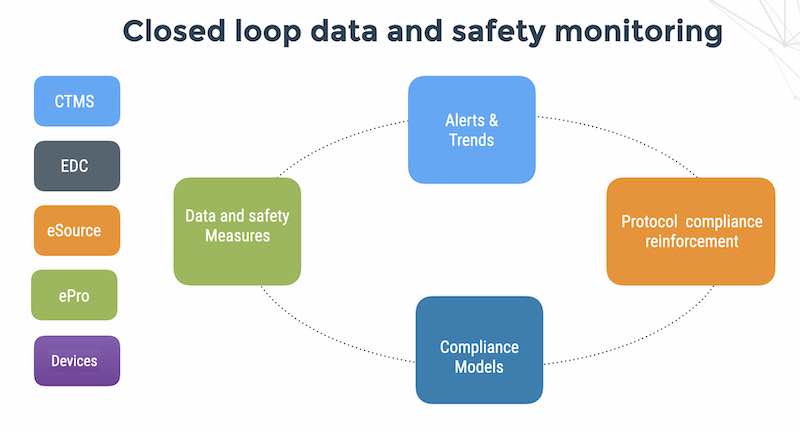Compliance from Dr. Google is a very bad idea.
Searching for HIPAA Security Rule compliance yields about 1.8Million hits on Google. Some of the information is outdated and does not relate to the Final Rule and a good deal of other information is sponsored by service providers and technology companies selling silver bullets for HIPAA compliance.
The online dialog on HIPAA Security Rule compliance is dominated by discussions by requirements for health providers. There is very little information online for the downstream medtech and medical device vendors who are increasingly using the cloud to store data and process transactions for their covered entity customers
If you are a small medtech or medical device company, and you copy from a big healthcare provider you will be overpaying and over-implementing SOP’s which may not be relevant to your business situation.
The risk analysis for a SaaS provider or medical device that stores PHI in the cloud is not even remotely similar to the risk analysis for a hospital.
If you copy and paste a risk analysis – you won’t understand what you’re doing and why you’re doing it and since HIPAA privacy infractions carry both a criminal civil penalty, you don’t want to even attempt to comply via Google.
For example – if you are a mobile medical device vendor – you will need to take into account technology and privacy considerations such as mobile app software security, application activity monitoring, mobile and cloud data encryption and key management none of which may be relevant for a traditional IT hospital-run electronic health records system.
What policies and procedures do I need for HIPAA compliance?
We provide clients with a bespoke package of SOP’s which are required by HIPAA – Acceptable use, Incident response, Security and risk management process, Disaster recovery plan, and Security Officer Job description (which is required by the Final Rule). This is in addition to the Risk Analysis / Security Assessment report (§ 164.308(a)(1)(ii)(A) ).
6 reasons why HIPAA security policies and procedures are not copy and paste:
- It depends on the business situation and technology model. A biotechnology company doing drug development will not have the same threat surface as a mobile health company.
- Your security is worse than you think. When was the last time you looked? Or had an external audit of your encryption policies?
- It also depends on timing – if the life science company is doing clinical research, then informed consent may release the sponsor from HIPAA privacy rule compliance. But in clinical research, physician-investigators often stand in dual roles to the subject: as a treating physician (who has to comply with the HIPAA Privacy Rule) and as a researcher (who has to comply with both GCP and 21 CFR Parts 50 and 56 regarding informed consent with adults and children). In my experience with medical device companies, they often do clinical trials in parallel to commercial betas and work closely with physician-investigators. This means that your HIPAA Security Rule compliance posture needs to be nailed down in order to eliminate holes of privacy leakage.
- Life science companies have quality management systems as part of their FDA submissions – the HIPAA Security Rule policies and procedures need to become part of your quality system.We work with you to make sure that your regulatory/QA/QC leads understand what it means to implement them and help them integrate into their own internal formats, policies and training programs.
- Covered entities may also have impose specific requirements in their BAA on the life science vendor; we then need to customize the policies and procedures to comply with the their internal guidelines. Sometimes these are quite strange like the story of the West Coast hospital that deliberately weakened the WiFi signal of their routers in the thought that it was a security countermeasure for hacking their wireless access points.
- There are also situations of intersection with other Privacy regulation such as CA 1280.15 for Data breach – California is sticky on this and then if you do business with U of C – there are will be additional things to cover
Feel free to contact us for a free quote – we’re always looking for interesting projects.





